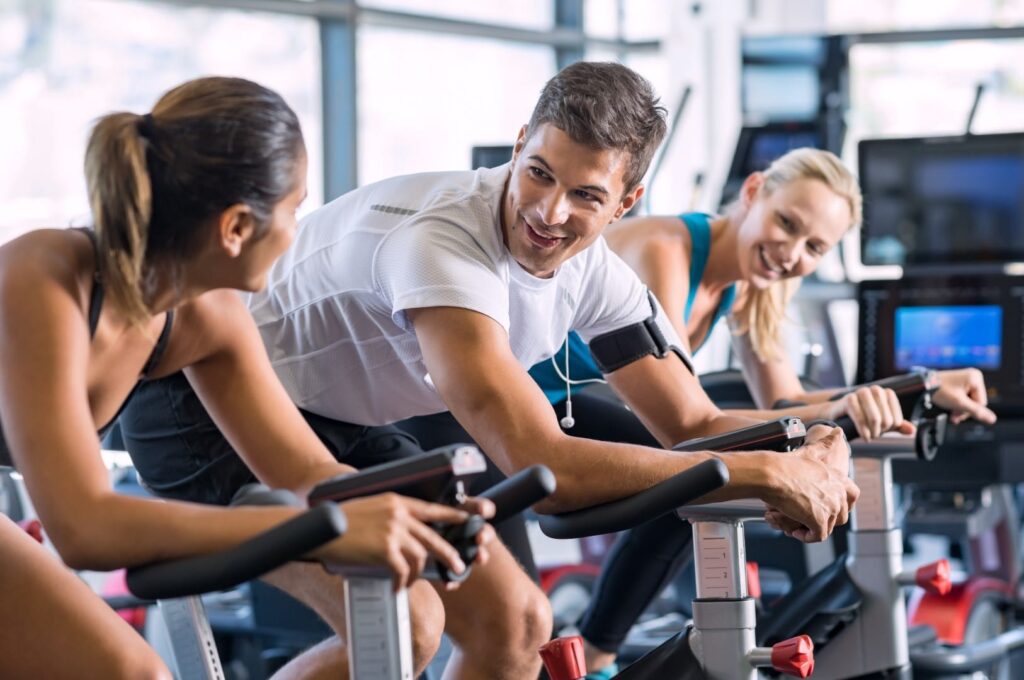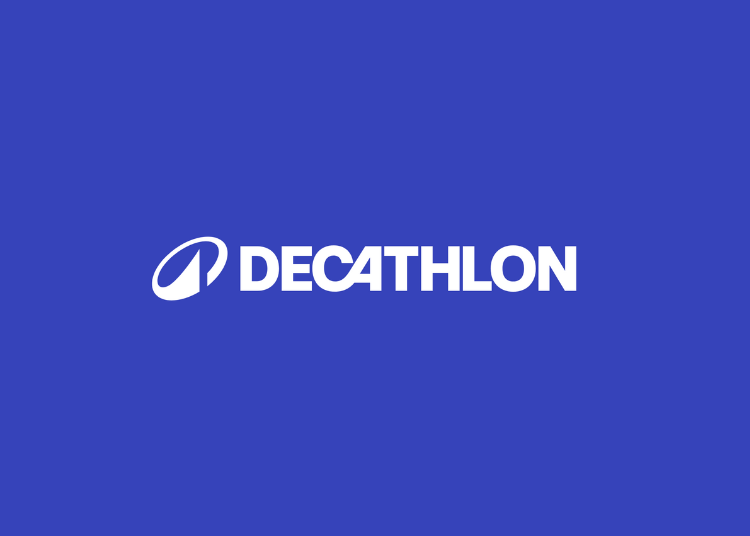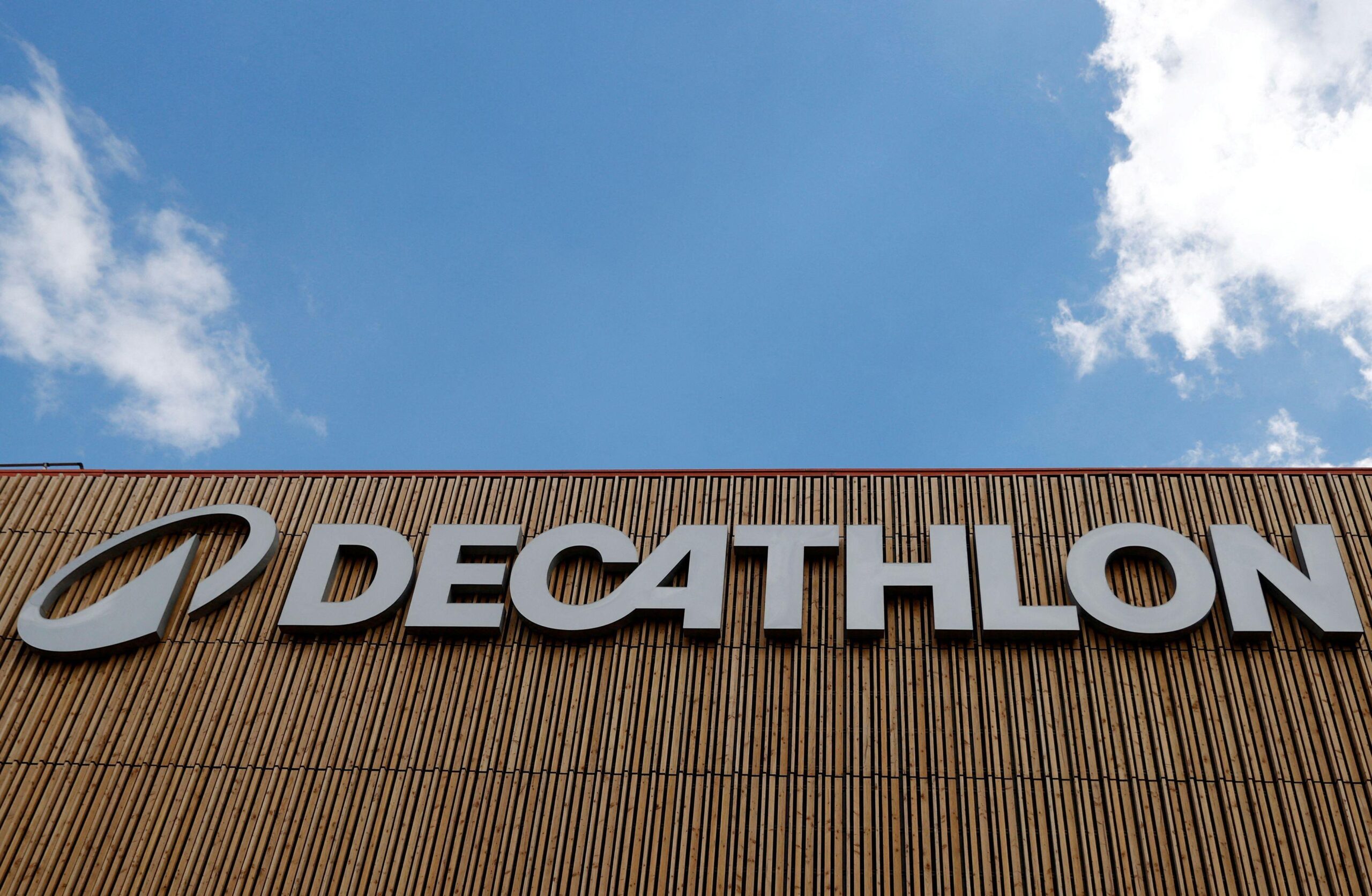Introduction to fitness as a lifestyle
Fitness isn’t just a routine; it’s a vibrant lifestyle that influences our choices, habits, and even our identities. As we shift toward a more holistic approach to health and wellness, the landscape of fitness brands has evolved dramatically. No longer are they merely focused on selling gear; today’s leading companies embody community values and promote healthy living in every aspect of life. They encourage athletes, yogis, and weekend warriors alike to embrace their passions while fostering connections among individuals with shared interests.
This transformation is not only about stylish leggings or high-performance supplements but also about creating inclusive spaces where everyone feels welcomed—a crucial element in building lasting relationships within the fitness world. Join us as we explore how brands like Lululemon, Alo Yoga, Gymshark, and MyProtein champion this movement towards fitness as an integral part of everyday living!
The shift from traditional fitness brands
The fitness landscape has evolved dramatically. Traditional brands focused solely on performance gear, often missing the bigger picture of a holistic lifestyle. But change is in the air.
Consumers now seek authenticity and community over just products. They want brands that resonate with their values—like Lululemon, Alo Yoga, and Gymshark—which have embraced this shift wholeheartedly.
These companies are no longer just retailers; they’re catalysts for healthier living. They emphasize connection through shared experiences—be it yoga classes or virtual challenges.
This new approach fosters loyalty among customers who see themselves reflected in brand narratives. It’s about identity as much as it is about gear.
As people prioritize well-being over mere aesthetics, traditional models struggle to keep pace with these dynamic expectations. The focus has shifted towards wellness journeys rather than simple transactions, paving the way for innovative brands that understand modern consumers’ desires.
Brands that promote healthy living beyond just selling gear
In today’s world, fitness brands are stepping up to embrace a holistic approach. It’s not just about gears and apparel anymore; it’s about fostering a community.
Lululemon has taken this to heart by hosting yoga classes and wellness events that bring people together. They create spaces where individuals can connect on a deeper level while pursuing their health goals.
Alo Yoga goes beyond its stylish leggings, advocating for mindfulness through meditation sessions and wellness workshops. Their vision promotes inner strength alongside physical fitness.
Gymshark thrives on building an inclusive community of athletes and enthusiasts who inspire each other daily. Through social media challenges, they encourage personal growth while celebrating every milestone.
MyProtein offers nutrition guidance as part of their brand philosophy, reinforcing the importance of balanced diets in achieving fitness objectives. These companies illustrate how fitness is more than just working out; it’s about nurturing body and soul together.
Athleisure and its impact on the fitness industry

Athleisure has transformed the fitness landscape significantly. It blurs the line between workout wear and everyday clothing.
People now wear leggings and sports bras not just at the gym but in cafes, offices, and even during casual outings. This trend highlights a shift toward comfort without sacrificing style.
Brands like Lululemon and Gymshark have capitalized on this movement by creating high-quality gear that doubles as fashion statements. Their collections resonate with consumers who prioritize both aesthetics and functionality.
Moreover, athleisure fosters a culture of wellness beyond traditional fitness settings. Individuals feel empowered to embrace active lifestyles while staying trendy.
This rising popularity encourages brands to innovate constantly, ensuring their offerings meet diverse consumer needs. As athleisure continues gaining traction, it shapes how we perceive fitness—not merely as a routine but as an integral part of daily life.
Social media’s role in the rise of fitness as a lifestyle
Social media has transformed the fitness landscape in profound ways. Platforms like Instagram and TikTok have become vibrant hubs where fitness enthusiasts share their journeys, tips, and transformations.
Influencers play a pivotal role in this shift. They inspire followers not just to pursue physical goals but to embrace wellness as an everyday lifestyle. Brands like Lululemon and Gymshark leverage these connections, creating communities that foster support beyond mere transactions.
Engagement is key here. Users interact through challenges, live workouts, and Q&A sessions, making fitness more accessible than ever before. People see real stories from diverse individuals who reflect their own experiences.
Moreover, hashtags serve as virtual meeting places for shared identities—#FitFam or #YogaCommunity link people across the globe with similar passions. This sense of belonging amplifies motivation while breaking traditional barriers often associated with fitness culture.
The importance of inclusivity and diversity in fitness brands
Inclusivity and diversity are essential in the fitness world. Brands that embrace a wide range of body types, ethnicities, and abilities foster a sense of belonging.
When brands like Lululemon and Alo Yoga showcase diverse models, they send a powerful message: fitness is for everyone. This representation encourages individuals who may feel marginalized to engage in their wellness journey.
Moreover, inclusive branding builds community. Gymshark’s initiatives highlight real stories from its customers, reminding us that every person’s experience matters.
Diversity in marketing not only reflects society but also broadens the conversation around health. It challenges stereotypes and promotes acceptance within spaces where many once felt unwelcome.
Brands must prioritize inclusivity as they innovate new gear or launch campaigns. Authentic representation can transform perceptions about fitness into something accessible and achievable for all.
Embracing fitness as a lifestyle for overall wellbeing
Embracing fitness as a lifestyle goes beyond just hitting the gym or attending yoga classes. It’s about adopting habits that promote overall wellbeing in every aspect of life. This includes nourishing our bodies with wholesome foods, prioritizing mental health, and building connections with like-minded individuals.
Brands like Lululemon and Alo Yoga have successfully created communities where people feel supported on their journey toward healthier living. They encourage not only physical activity but also mindfulness practices that enhance emotional well-being. Gymshark has tapped into this trend by fostering an online community where fitness enthusiasts can share their experiences, challenges, and triumphs.
Moreover, MyProtein emphasizes a holistic approach to nutrition and fitness. Their commitment to providing quality supplements complements the active lifestyles of their customers, helping them achieve personal wellness goals.
As we embrace this lifestyle shift towards more than just gear sales, it becomes clear that these brands are champions of health—not merely merchants. The movement is growing stronger as more companies prioritize inclusivity and diversity within the fitness space. This ensures everyone feels represented and encouraged to participate in healthy living.
The rise of athleisure reflects the blending of comfort with functionality while promoting a culture centered around wellness rather than perfectionism. Fitness is no longer confined to specific hours at the gym; it’s woven into everyday life—at work, home, or leisure activities.
Incorporating these principles leads to lasting change in both body and mind. As we embrace fitness as a lifestyle choice rooted in community identity—supported by innovative brands—we create environments where everyone can thrive physically and emotionally for years to come.




